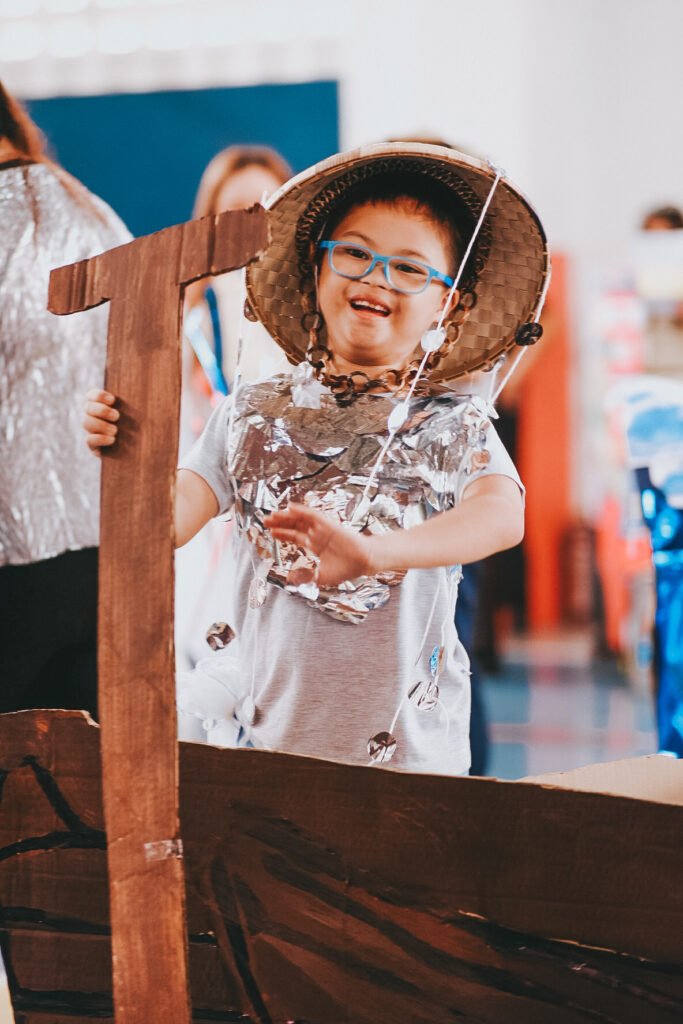In Montessori De San Juan, we embrace inclusion as a means of enhancing the well- being of every child in our school community. By working together, we strengthen our capacity to provide the foundation for a more purposeful future.
Montessori De San Juan’s goal is to ensure that children with special needs benefit from an educational experience that includes quality and learning opportunities. The curriculum is adjusted and modified with expectations that consider each child’s individual needs.
Inclusion in the special education programs is an important part of the continuum of special education placements required by the Individuals with Disabilities Education Act. Inclusion refers to the practice of educating children with learning disabilities and other types of disabilities in the regular education classroom. Accommodated lessons, instructions and tests are given to students under the Inclusion Program which are tailored fit with their abilities.
It is a program designed for elementary and high school students who have various learning capacities, learning pace, and abilities that may need to be addressed in a smaller group (2-6 students). This program offers subjects mandated by the Department of Education, however this program only highlights the practicality of each subject in order for the student to achieve his/her full potential. Each grade level’s curriculum is designed based on the basic minimum competencies that have been set by the Special Education Department of Montessori De San Juan for each individual child, following his/her yearly evaluation.
The current Montessori De San Juan’s Student Transition Education Program (STEP) provides individualized support with coordinated set of activities for students designed within an outcome-oriented process that promotes movement from school to out- of- school activities. The program includes activities in the area of functional and applied academics, home and life skills, community experiences and prevocational skills. Goals for each student are developed collaboratively between student, family, teachers and other members of the Individualized Education Program team.
Occupational therapy (OT) treatment focuses on helping people with a physical, sensory, or cognitive disability be as independent as possible in all areas of their lives. OT can help students with various needs improve their cognitive, physical, sensory, and motor skills and enhance their self-esteem and sense of accomplishment.
Occupational Therapy helps students gain independence and promotes development of fine motor skills, sensory motor skills, and visual motor skills that they need to function and socialize in their home, school, play, and community environments.
The Speech and Oral Communication tutorial Intervention Program that is focused on oral communication designed to support students who may benefit from targeted assistance in areas such as articulation, fluency, voice production, language development, and overall communication skills. The primary goal is to empower students to communicate effectively and confidently in both academic and social settings, laying a strong foundation for their future success.
